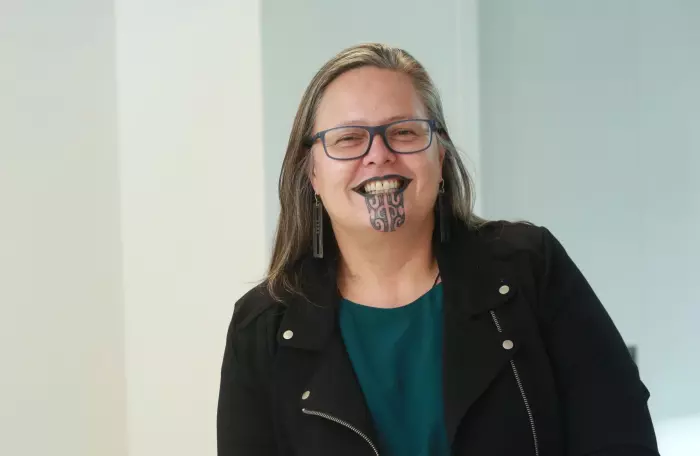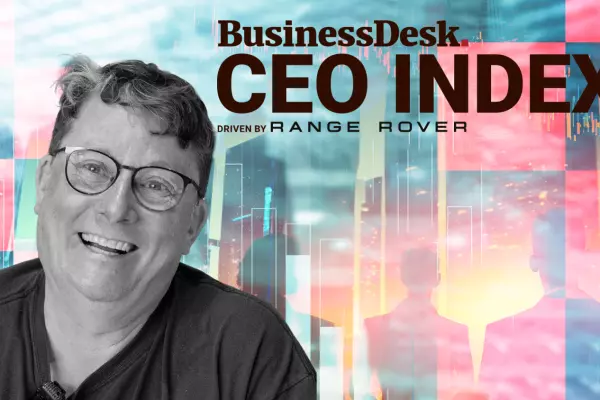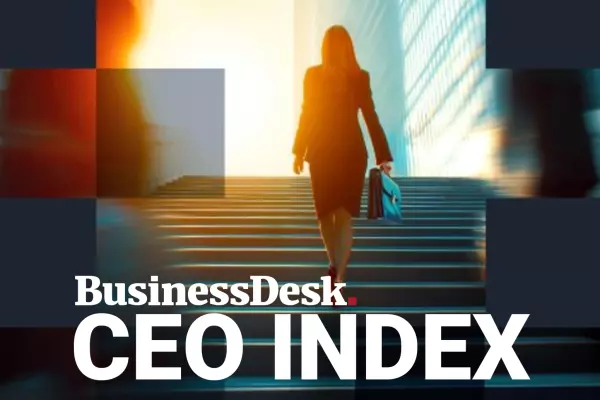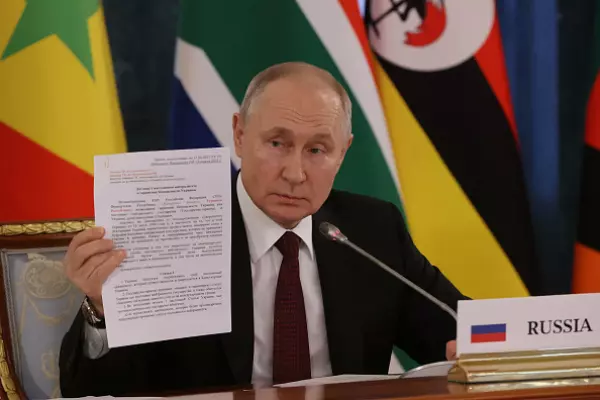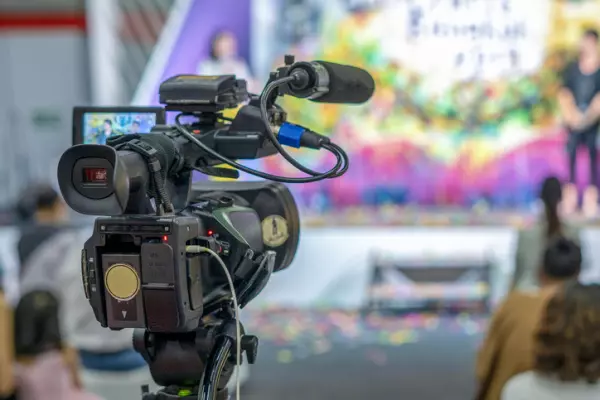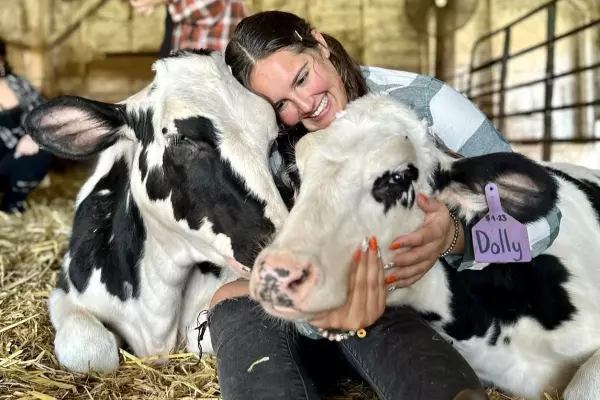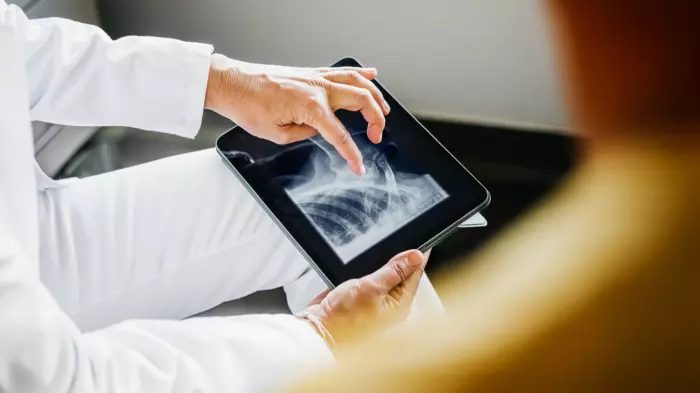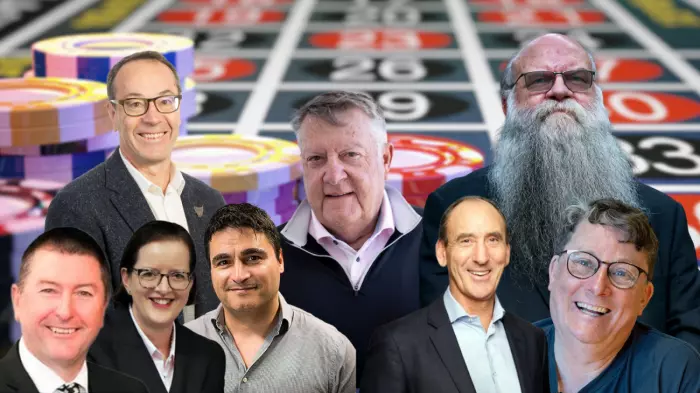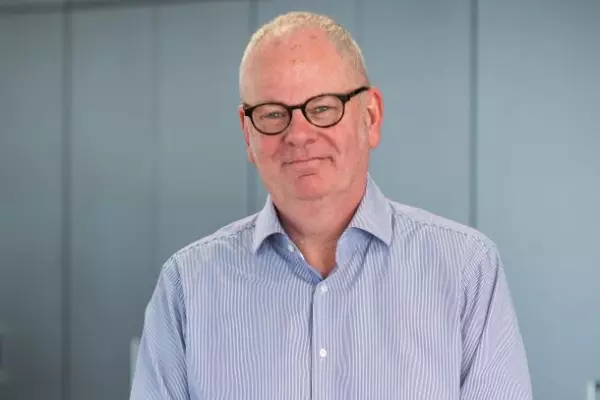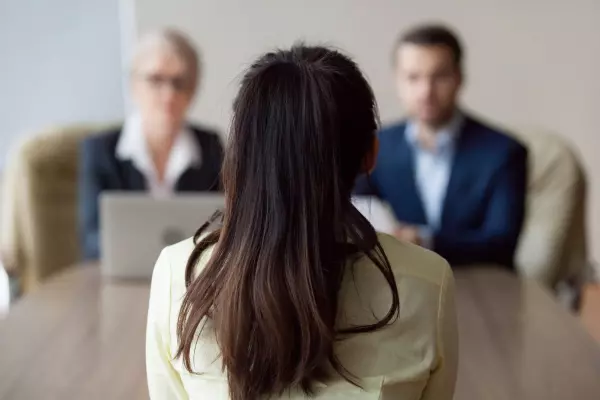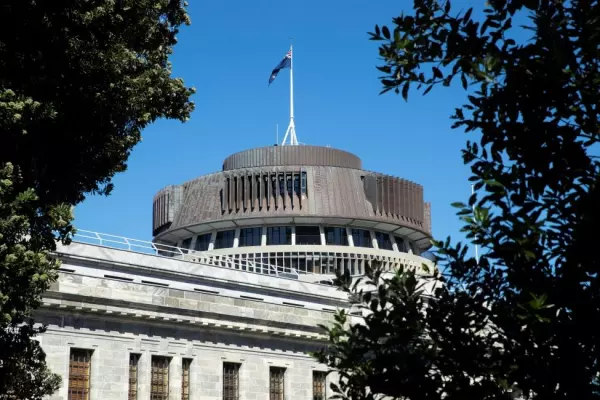Riana Manuel knows she’s stepped into a politically charged job as chief executive of the nascent Māori Health Authority.
But she reckons her down-to-earth manner and service on the health frontline in places like her Coromandel hometown of Manaia give her credibility with, and knowledge of, the Māori who the authority will serve.
“I've never been a politician. I’m just a village girl deeply connected and committed to a people. That's all,” says Manuel, who comes to the top job at the Māori Health Authority from the Hauraki Primary Health Organisation and the iwi-based provider Te Korowai Hauora o Hauraki. Her whakapapa is Ngāti Pūkenga, Ngāti Maru and Ngāti Kahungunu.
“The worldview I come from is very rural [and] a te ao Māori worldview,” she tells BusinessDesk.
“I live in a Māori rural community, but it belongs to a group of rural communities.
"On the Coromandel peninsula we've got extreme pockets of isolation and rurality – but then we have the likes of Thames.”
Manuel has three children of her own and raised four of her husband’s nieces as their own in the whāngai tradition. They now have 12 grandchildren.
The Māori Health Authority is a critical and controversial part of the health revamp launched by the government last year. It will operate in parallel with the new Health New Zealand agency, which later this year takes over all existing District Health Boards and some of the Ministry of Health’s operations. The Ministry reverts to a strategy, policy, regulation and monitoring agency.
Manuel, a 49-year-old nurse and iwi health leader, knows first hand the uneven health outcomes – most graphically a seven-year difference in life expectancy – between Māori and Pakeha.
“Working in a kaupapa- or iwi-based Māori provider, inequity is part of your day-to-day life… You feel it. You understand it intrinsically,” she says.
She also sees primary health as only part of a picture that stretches to housing and education.
Manuel has a ready answer to the question some people raise about individual responsibility in Māori health outcomes: “I think using personal responsibility is often a convenient way of getting away from the conversation that we need to have. Personal responsibility is fine once we have an even playing field.”
More than one answer
She acknowledges that a critical test will be how the new health providers engage with the workforce and with local communities, including non-registered workers, or kaiāwhina, who are often the first port of call for patients.
The covid pandemic has shown that “a universal approach doesn’t quite work”, she says.
“What I will personally bring to this role is that decisions we make here [in Wellington] must be able to translate into how people operate on the ground, back in those small communities. They cannot be one-size-fits-all,” Manuel says.
The Māori Health Authority embodies principles of partnership and equity which, while not literally in the Treaty of Waitangi, are becoming part of NZ’s constitution through judicial and legislative decisions.
In that context, some have portrayed the Māori Health Authority as part of a separatist agenda.
Manuel is clear about the politics and historical lineage of the Māori Health Authority – and the differences in health outcomes it is supposed to address. She says she’s no politician, but she’s not afraid to confront the idea that the Māori Health Authority is somehow separatist.
“There’s an opportunity for us to say, ‘how do we fix the inequities?’. For instance, the mortality rate – if we just look at that, there's no reason why any group, let alone Māori, should be dying seven years earlier than everybody else.
“Those are things that we would want to tackle as a country,” she says.
BusinessDesk: What did the pandemic teach you as you dealt with it on the frontline? How might you apply that in the new job?
Riana Manuel: Covid has taught everybody some amazing things. From a frontline perspective, it's about how busy our people are out on the frontline. It's a tricky kind of a thing, trying to manage both testing and vaccinating all at the same time.
We have to keep in mind that there are those complexities about being rural, about being very isolated…
As a provider you think, ‘What do we need to do? How are we going to make sure that we look after our people?’
I’ve got to say that issue was there well before covid.
How would you describe your management style?
I like to make sure that everything the people who are working with me need is right there. From time to time, I’m gonna have to lead from the front, but I also like to make sure that I'm pushing from behind, that I'm walking beside people.
When you’re a Māori provider, we go to great lengths to make sure the whānau voice is ever-present in how we navigate a way forward.
What’s the biggest mistake you’ve made as a manager?
I've learned over the years that it's really important not to rush into something when you’re new to it, because you have to get a really good view of the landscape…
If I think back to when I was a very young manager, the excitement of the roles and the excitement of the responsibility might have driven a different response – rushing.
What has been a success for you?
My children and my grandchildren, because that's a legacy. Believe it or not, raising children to be good people is a tough job. You have to traverse all sorts of elements. You're working with very different personalities. Everybody's got competing tensions all at the same time, the things they need. It teaches you a lot about how to manage.
How do you intend to convey what you think the Māori Health Authority is, and what its role is? How will you counter the misinformation about it and its critics?
Obviously one of the driving forces behind the Māori Health Authority is to recognise and bring to life the notion of Te Tiriti and the partnerships... It really is revolutionary in that respect. It’s not often you see two authorities stood up to work in partnership to improve the outcomes for all… whilst tackling the issue of inequity.
It’s not “segregation”, for starters… By no means are we talking about two different whole systems. We're talking about two different organisations working together in partnership to make sure that we deal to those really big inequities.
I don't see it as being separatist. If it was, then we would not have been charged to work together in the way that we do. We have boards with crossover membership. That's not separatist, is it?
And of course we are required, both Margie [Apa, CEO-designate of Health NZ] and I, to work very closely to make sure that decisions aren't being made in isolation.
It's the Ministry of Health as well. So, there's that third partner.
How will you know if you’ve been successful?
Our people on the ground will tell us… I like to think that there’s a time in the future when no matter where you are in this country you can access and choose the services you need at the time you need them.
These huge inequities didn't happen overnight. They happened over a period of 182 years, so we have to accept that some of the stuff we do now is about investing in the future and making sure it transforms over time.
Do you think the Māori Health Authority could survive a change of government?
I would certainly hope so. and I would like to think that here in Aotearoa it would absolutely do so because we are a democratic country. It doesn’t matter which party is at the helm… There is still a treaty. We still have Te Tiriti to help govern us.
This interview has been edited for clarity and length.
Next week: BusinessDesk profiles Fepulea’I Margie Apa, CEO-designate of Health New Zealand


